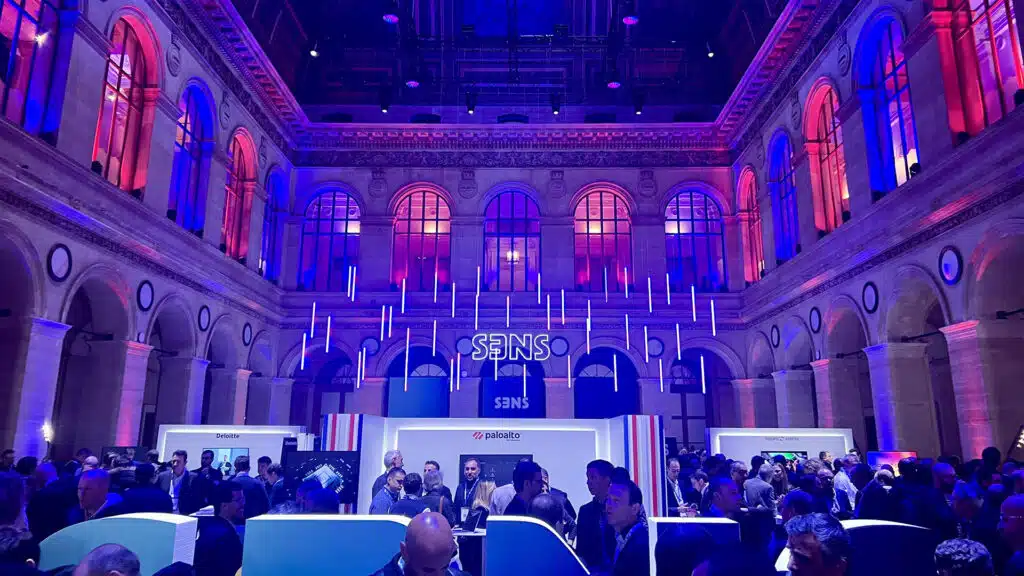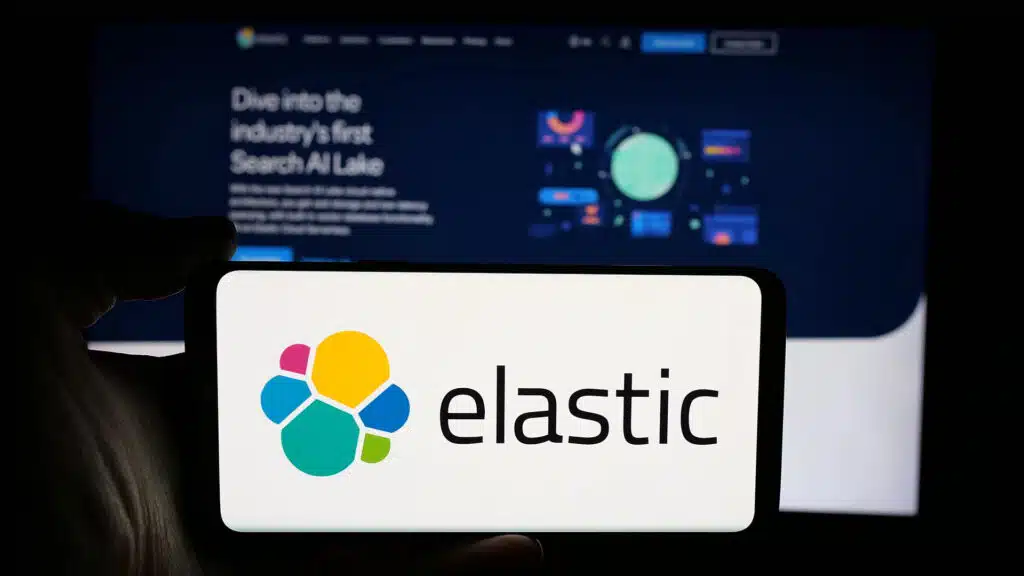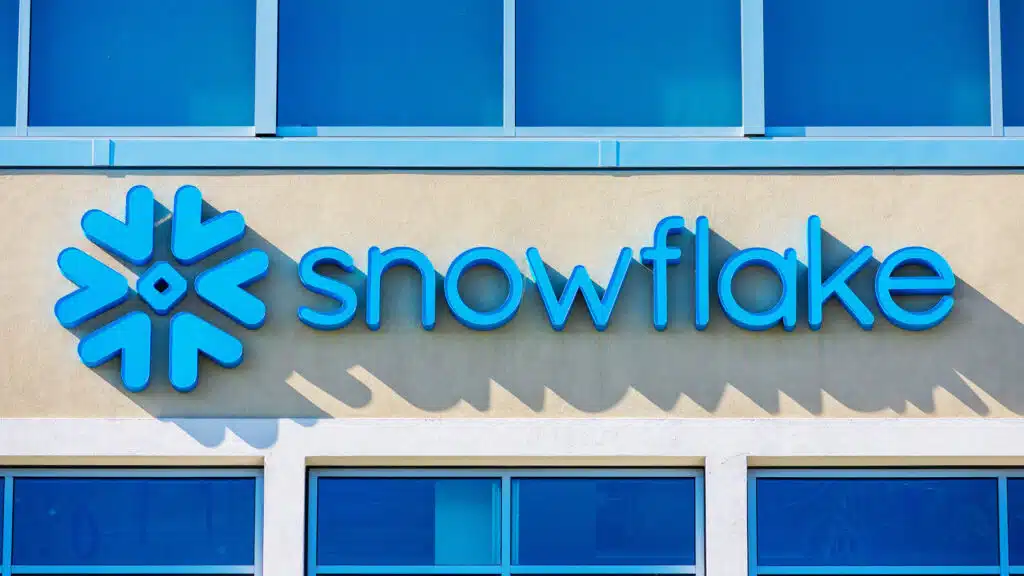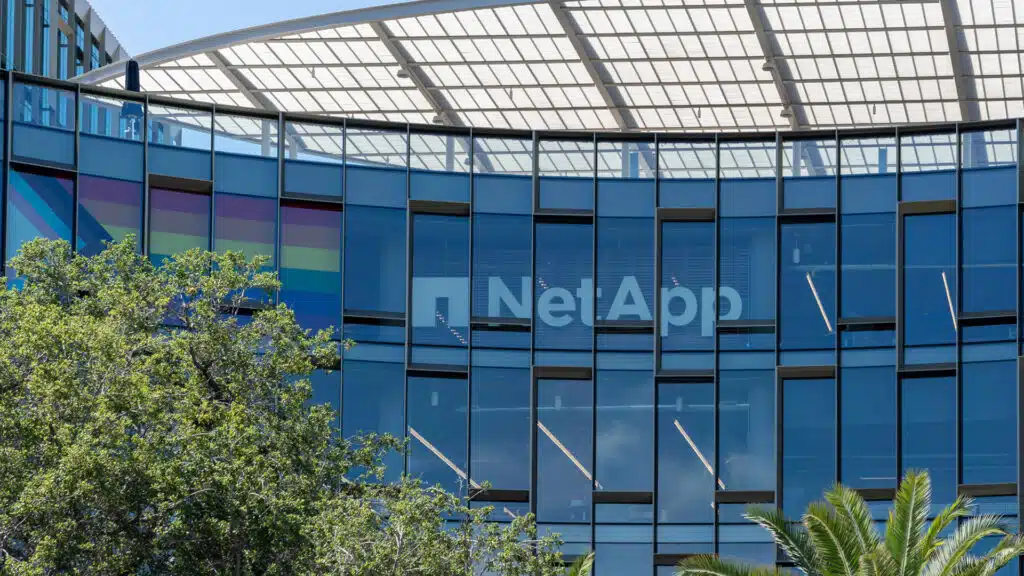Analyst(s): Brad Shimmin
Publication Date: April 25, 2025
What is Covered in this Article:
- At its premier Everyday AI Conference, Dataiku focused on the importance of navigating the risks and complexities (often referred to by the vendor as “agentic AI sprawl”) associated with the rapid adoption of rapidly shifting AI agent technologies.
- Dataiku introduced AI Agents with Dataiku, a new set of capabilities within The Universal AI Platform(TM) to help companies build and control AI agents at scale.
- With this introduction, Dataiku stressed the importance of orchestrating, unifying, and governing the full AI agent lifecycle across all AI infrastructure and data estate investments.
The Event – Major Themes & Vendor Moves: Deep in the heart of SoHo, Manhattan, New York, Datiku welcomed a small but influential gathering of enterprise customers and strategic partners to its ongoing, multi-city flagship customer event, Everyday AI Conference. As befitting the current market fervor for all things agentic, the vendor focused on how it could help companies realize the potential of agentic AI workflows without getting bogged down by technical debt or the introduction of unnecessary risk. To that end, Dataiku introduced AI Agents with Dataiku, a set of new tools that leverage its established Universal AI platform and LLM Mesh orchestration layer to streamline the creation and orchestration of controllable AI agents at scale.
In an anchoring keynote address, Jonathan Zittrain, George Bemis Professor of International Law at Harvard Law School, presented an interesting analogy, likening the rapid-fire adoption of agentic AI innovations to the decades-long incorporation of asbestos materials within consumer households. Each new model, framework, connector, and data source creates an increasingly “messy” architecture, which, like asbestos, cannot be observed, governed, or remediated without tremendous effort.
Across several subsequent presentations, Dataiku tried to answer this and many broader, existential threats hidden within the GenAI and agentic AI sphere by endorsing a technology-agnostic philosophy grounded in the launch of AI Agents with Dataiku. It is not a new offering per se, but a collection of Universal AI platform capabilities, tools, and features. AI Agents with Dataiku covers a lot of territory, including the following:
- Agent development through a visual no-code option for business users and a full-code experience for developers
- Dataiku Safe Guard, a set of task-specific agent guardrail services targeting privacy, toxic content, forbidden terms, and model risks (i.e., prompt injection attacks)
- Agent Connect, a single agent transaction hub for wiring up and orchestrating agent transactions with central controls
- Quality Guard, a set of metrics and a side-by-side model comparison tool aimed at matching the right data, prompt, and model
- Cost Guard, a set of pre-built dashboards that aggregate AI model and asset usage, enabling internal charge-backs, for example
- Trace Explorer, a tool that grants observability across model prompts and tool calls, as well as inputs and outputs
Dataiku Everyday AI Conference – Rising Above the Agentic AI Fray
Analyst Take: Mirroring current global tensions and uncertainties, the tone of Dataiku’s Everyday AI Conference likewise centered not on shiny new technologies but instead upon the existential questions surrounding the inexorable race toward Agentic AI as the “next” step in the overall evolution of AI itself and the best means through which companies can drive value through process automation and optimization. Will Agentic AI put adopting companies at undue risk? Will it disrupt a workforce already undergoing an AI-fueled transformation? And how can companies ever hope to keep up with the daily onslaught of new technologies and practices?
For the company founded in Paris and headquartered in New York City, the answer is straightforward: Adopt an agnostic, universal approach to AI development that answers one vital question, posed during the event by Dataiku customer Solidigm: In the future, “how hard will it be to undo whatever it is you’re doing?” Dataiku believes its Universal AI Platform and supportive LLM Mesh orchestration layer can address this need by orchestrating, unifying, and governing the full AI agent lifecycle across all AI infrastructure and data estate investments.
Has the company already reached this goal? In terms of scope and positioning, yes. However, the company has more engineering work to mature its new agentic toolbox. For example, its new Trace Explorer feature looks promising for two reasons. First, it provides a starting point for companies hoping to create a detailed audit trail for the many data transactions occurring between agentic process models, tools, and data sources. Second, it can provide real-time observability and remediation for any wayward agentic processes or outcomes. But at the outset, this new tool serves primarily as a dashboard for existing transaction logs. It does not yet look into emerging areas of interest, such as governing the thinking traces generated before model output by models supporting test-time compute functionality (e.g., DeepSeek R1).
This level of agentic observability and control will follow over time and permeate Dataiku’s full spectrum of services, most notably in support of the company’s predictive AI, data preparation/integration, and analytics capabilities. This holistic view will serve Dataiku well, as Agentic AI does not exist in a vacuum. Rather, because it simply applies existing data, analytics, and AI capabilities to forge a degree of AI-infused automation and agency, agentic AI will invariably sweep up business workflows and software in general, serving as a basic enterprise organizational design pattern. The company is capable of tackling that fundamental shift and de-risking this overall transition to an AI-led business model, which will secure long-term support among enterprise buyers.
What to Watch:
- How far will Dataiku evolve and expand its LLM Mesh orchestration layer to support the ever-broadening range of data, AI, and analytics assets, including data sources, application connectors, model prompts, agent blueprints, etc?
- How will Dataiku continue to differentiate within an overly crowded market where many of its closest partners (Snowflake, AWS, Microsoft, Databricks, et al.) espouse the same holistic approach to governing Agentic AI technologies?
- With so many agentic frameworks entering the market (LangChain, AutoGen, CrewAI, PydanticAI, Agno, SmolAgents, et al.), will Dataiku be able to retain its agnostic stance while also providing an internally consistent development and management experience for both no/low-code and full-code users?
You can read the full press release at Dataiku’s website.
Disclosure: The Futurum Group is a research and advisory firm that engages or has engaged in research, analysis, and advisory services with many technology companies, including those mentioned in this article. The author does not hold any equity positions with any company mentioned in this article.
Analysis and opinions expressed herein are specific to the analyst individually and data and other information that might have been provided for validation, not those of The Futurum Group as a whole.
Other insights from The Futurum Group:
At Google Cloud Next, Google Brings Its Databases to Bear on Agentic AI Opportunity
Does a Group Focused on Agentic AI at AWS Signal Enterprise Prioritization?
Futurum Research 2025: Key Issues and Predictions
Will Tableau’s New Enhancements Drive Use of Agentic AI Across the Enterprise?
Author Information
Brad Shimmin is Vice President and Practice Lead, Data Intelligence, Analytics, & Infrastructure at Futurum. He provides strategic direction and market analysis to help organizations maximize their investments in data and analytics. Currently, Brad is focused on helping companies establish an AI-first data strategy.
With over 30 years of experience in enterprise IT and emerging technologies, Brad is a distinguished thought leader specializing in data, analytics, artificial intelligence, and enterprise software development. Consulting with Fortune 100 vendors, Brad specializes in industry thought leadership, worldwide market analysis, client development, and strategic advisory services.
Brad earned his Bachelor of Arts from Utah State University, where he graduated Magna Cum Laude. Brad lives in Longmeadow, MA, with his beautiful wife and far too many LEGO sets.







